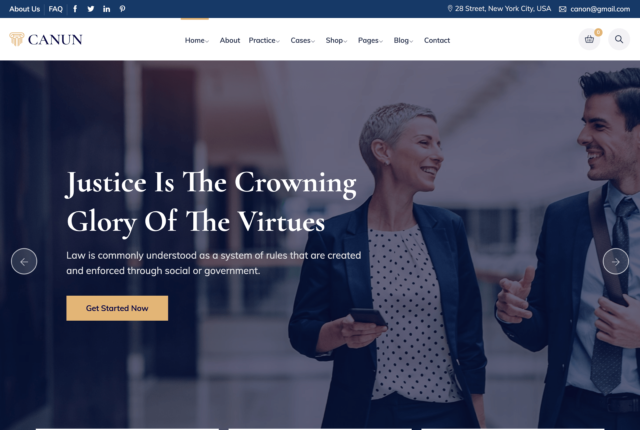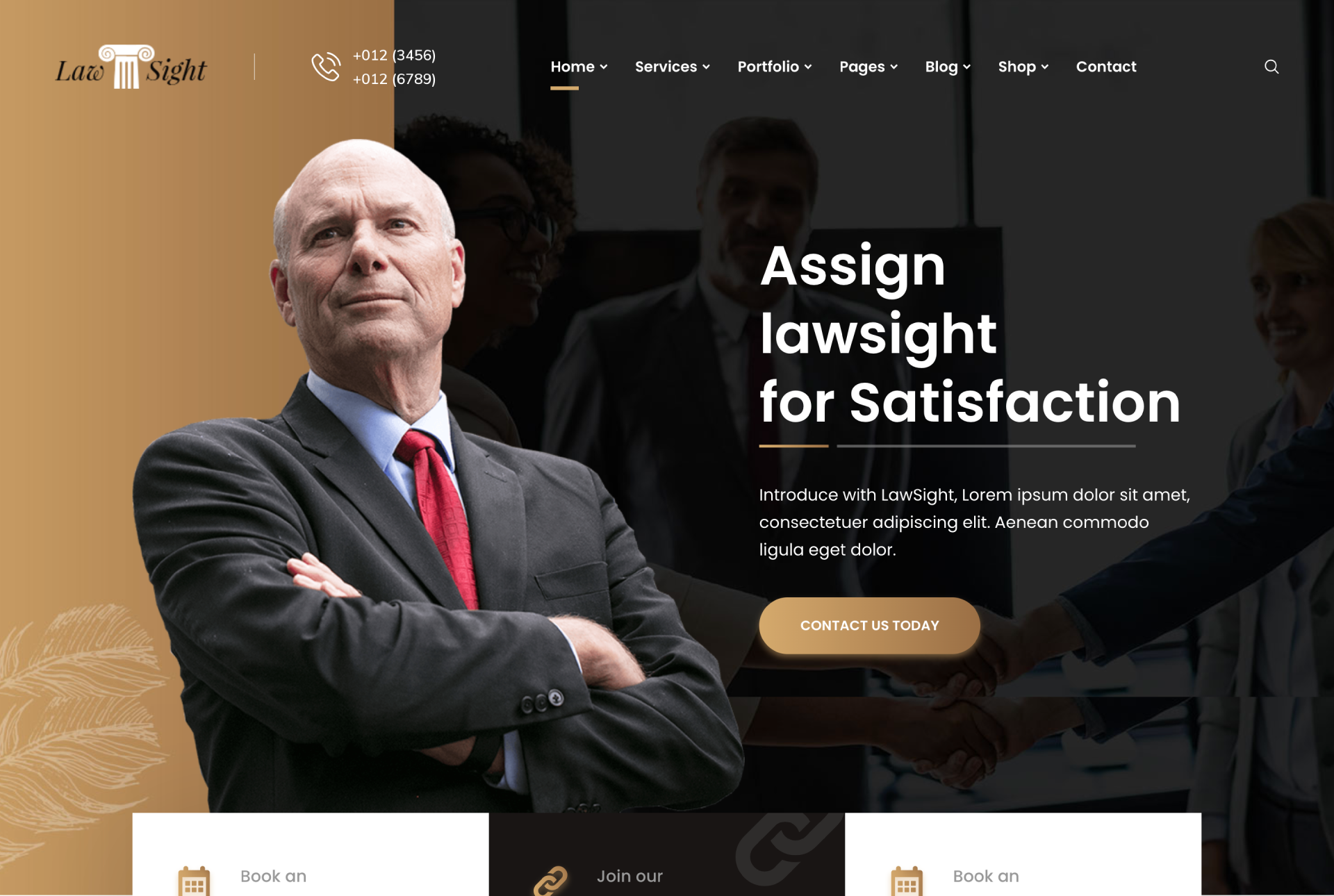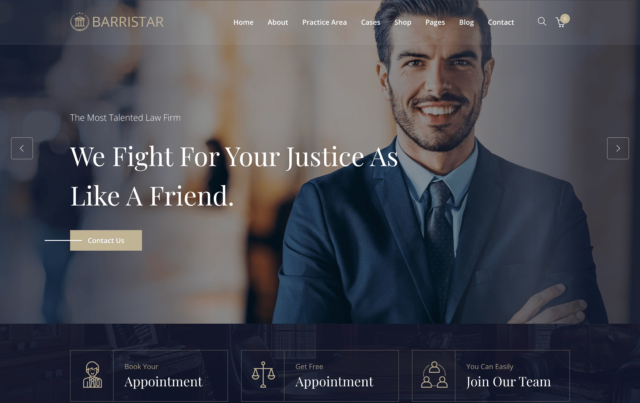Attorney Advertising Rules for the State of Oregon
Read for more information on the rules for online advertising for Oregon attorneys
Oregon Attorney Advertising Rules: Comprehensive Overview
Attorneys practicing in Oregon must adhere to specific advertising regulations outlined in the Oregon Rules of Professional Conduct (ORPC), particularly Rules 7.1 through 7.5. These rules ensure that legal advertising is truthful, non-misleading, and upholds the integrity of the legal profession. Below is a detailed overview of the key provisions governing attorney advertising in Oregon.
Rule 7.1: Communications Concerning a Lawyer’s Services
- Prohibition of False or Misleading Communications:
- Lawyers must not make false or misleading communications about their services.
- A communication is false or misleading if it contains a material misrepresentation of fact or law, or omits a fact necessary to make the statement considered as a whole not materially misleading.
- Avoiding Unverifiable Claims:
- Attorneys should not make claims that cannot be substantiated or verified.
- Comparisons with other lawyers’ services are prohibited unless they can be factually substantiated.
Rule 7.2: Advertising
- Permissible Advertising Methods:
- Lawyers may advertise their services through written, recorded, or electronic communication, including public media.
- All advertisements must comply with Rule 7.1.
- Payment for Recommendations:
- Lawyers shall not give anything of value to a person for recommending the lawyer’s services, except that a lawyer may:
- Pay the reasonable costs of advertisements or communications permitted by these rules.
- Pay the usual charges of a legal service plan or a lawyer referral service.
- Pay for a law practice in accordance with Rule 1.17.
- Give nominal gifts as an expression of appreciation that are neither intended nor reasonably expected to be a form of compensation for recommending a lawyer’s services.
- Lawyers shall not give anything of value to a person for recommending the lawyer’s services, except that a lawyer may:
- Mandatory Disclosures:
- Any communication made pursuant to this rule shall include the name and contact information of at least one lawyer or law firm responsible for its content.
Rule 7.3: Solicitation of Clients
- Direct Contact with Prospective Clients:
- A lawyer shall not solicit professional employment by any means when:
- The lawyer knows or reasonably should know that the physical, emotional, or mental state of the subject of the solicitation is such that the person could not exercise reasonable judgment in employing a lawyer.
- The person who is the subject of the solicitation has made known to the lawyer a desire not to be solicited by the lawyer.
- The solicitation involves coercion, duress, or harassment.
- A lawyer shall not solicit professional employment by any means when:
Rule 7.4: Communication of Fields of Practice and Specialization
- Stating Practice Areas:
- Lawyers may communicate the areas of law in which they practice.
- Claims of Specialization:
- Lawyers must not state or imply they are certified as a specialist in a particular field of law, unless:
- The lawyer has been certified as a specialist by an organization that has been approved by an appropriate state authority or accredited by the American Bar Association.
- The name of the certifying organization is clearly identified in the communication.
- Lawyers must not state or imply they are certified as a specialist in a particular field of law, unless:
Rule 7.5: Firm Names and Letterheads
- Use of Firm Names:
- Firm names, letterheads, and other professional designations must not be misleading.
- Trade Names:
- Use of trade names is permissible if they do not imply a connection with a government agency or with a public or charitable legal services organization and are not otherwise in violation of Rule 7.1.
- Identification of Jurisdictional Limitations:
- If a firm operates in multiple jurisdictions, any jurisdictional limitations of lawyers not licensed to practice in a particular jurisdiction must be indicated.
Additional Considerations
- Internet and Social Media Advertising:
- The Oregon Rules of Professional Conduct apply equally to digital advertising, including websites and social media platforms.
- Attorneys must ensure that online content adheres to the same standards of truthfulness and transparency outlined in Rules 7.1 through 7.5.
- Use of Testimonials and Endorsements:
- Testimonials and endorsements in advertisements must not create unjustified expectations or make unverifiable claims.
- If a client testimonial discusses specific case outcomes, the advertisement must clearly disclose that outcomes depend on the unique circumstances of each case and cannot be guaranteed.
- Contingency Fee Disclosures:
- Any advertisement mentioning contingency fees must clearly state that clients may still be responsible for court costs and expenses, even if the case is not successful.
Enforcement and Compliance
- Disciplinary Actions for Non-Compliance:
- Attorneys who fail to comply with Oregon’s attorney advertising rules may face disciplinary action, including fines, suspension, or other penalties.
- The Oregon State Bar is responsible for investigating and prosecuting violations of the advertising rules.
- Seeking Guidance:
- Attorneys unsure about the compliance of an advertisement or solicitation can seek advisory opinions from the Oregon State Bar.
- Preemptively reviewing advertising materials with a compliance expert is recommended to avoid potential violations.
Record-Keeping Requirements
- Retention Period:
- Lawyers must retain a copy of all advertisements for a minimum of two years after their last dissemination.
- Records should include the content of the advertisement and relevant information, such as when and where it was published or broadcast.
- Digital Advertising Records:
- For online advertisements, attorneys should preserve digital records in a durable and retrievable format, ensuring all disclaimers and required information are included.
Specific Rules for Digital Advertising
Social Media and Website Compliance
- Application of Rules:
- The Oregon Rules of Professional Conduct extend to all forms of digital advertising, including social media posts, law firm websites, and online reviews.
- Avoiding Misleading Claims:
- Lawyers must ensure all statements made on digital platforms are truthful and non-deceptive, adhering to the same standards as traditional media.
Use of Testimonials
- Guidelines for Testimonials and Reviews:
- Testimonials used in advertisements must not create unjustified expectations about results or suggest guaranteed outcomes.
- If a testimonial references specific case results, the advertisement must include a disclaimer clarifying that results depend on the unique facts of each case.
Enforcement of Oregon Advertising Rules
Role of the Oregon State Bar
- The Oregon State Bar (OSB) oversees compliance with attorney advertising rules. Violations may be referred to the OSB Disciplinary Counsel’s Office for investigation.
Consequences of Non-Compliance
- Attorneys found in violation of advertising rules may face penalties ranging from warnings to fines, suspension, or even disbarment in severe cases.
Seeking Advisory Opinions
- To ensure compliance, attorneys can request advisory opinions from the OSB Legal Ethics Committee regarding their advertising materials.
- This proactive approach helps mitigate the risk of violations and ensures ethical standards are upheld.
Additional Considerations for Compliance
Use of Disclaimers
- Any advertisement featuring actors, dramatizations, or simulations must clearly disclose these elements to avoid misleading the public.
- Disclaimers should be prominently displayed and easily understood.
Contingency Fee Advertisements
- Advertisements mentioning contingency fees must include a statement clarifying that clients may still be responsible for court costs and other expenses, regardless of the case outcome.
Oregon’s attorney advertising rules, outlined in Rules 7.1 through 7.5 of the Oregon Rules of Professional Conduct, are designed to protect the public and ensure that legal advertisements maintain the integrity of the legal profession. These rules apply to all forms of advertising, including print, television, social media, and websites.
By adhering to these guidelines, attorneys can effectively market their services while upholding ethical standards and building trust with potential clients. For assistance with compliance or clarification on specific rules, attorneys are encouraged to consult the Oregon State Bar or request an advisory opinion from the Legal Ethics Committee.
Our marketing packages include the following
Search Engine Optimization
Paid Search Management
Legal Content Development
Website Design
Live Chat
Social Media Management









